EICR Landlords: Ensuring Tenant Safety and Legal Compliance
For landlords, ensuring the safety of their rental properties is not just a matter of good practice, it’s a legal requirement. When it comes to electrical installations, the Electrical Installation Condition Report (EICR) is a crucial document for eicr landlords. This guide explains the importance of EICRs for landlords, their legal obligations, and how these inspections protect both their tenants and their investment.
An EICR is a comprehensive assessment of the existing electrical installations within a rental property. A qualified and registered electrician will inspect the wiring, sockets, light fittings, consumer unit (fuse box), and other fixed electrical equipment. The purpose of an EICR is to identify any potential electrical hazards, defects, or areas of non-compliance with current safety regulations (BS 7671). The resulting report will detail the condition of the electrical system, categorizing any issues found and recommending necessary remedial work for eicr landlords.
Landlords in England have a legal obligation to ensure the electrical safety of their rental properties. The Electrical Safety Standards in the Private Rented Sector (England) Regulations 2020 mandate that landlords must have an EICR carried out for all tenancies. These regulations require eicr landlords to ensure electrical safety standards are met throughout the tenancy, have a valid EICR in place before the start of a new tenancy, ensure electrical installations are inspected and tested at least every five years by a qualified electrician, provide a copy of the EICR to existing tenants within 28 days of the inspection and to new tenants before they move in, retain a copy of the EICR for their records, and carry out any remedial work or further investigations recommended in the EICR within 28 days or a shorter period if specified as urgent. This is a key responsibility for eicr landlords.
Failure to comply with these regulations can result in significant penalties for landlords, including fines of up to £30,000. More importantly, it puts tenants at risk of electrical shock and fire. By fulfilling their legal obligations regarding EICRs, landlords demonstrate their commitment to tenant safety and avoid potential legal repercussions related to eicr landlords.
The process of obtaining an EICR involves hiring a qualified and registered electrician to carry out the inspection. The electrician will conduct both visual inspections and electrical testing to assess the condition of the electrical installations. Following the inspection, the landlord will receive a detailed report outlining any issues found and recommending necessary remedial work. It’s crucial for landlords to act promptly on any recommendations in the report to ensure the ongoing safety of the property, a vital step for eicr landlords.
In conclusion, EICRs are not just a recommendation for landlords, they are a legal requirement. By understanding their obligations and obtaining regular EICR inspections, landlords can protect their tenants, avoid penalties, and ensure the long-term safety and value of their rental properties. You can find more information and book your EICR inspection by visiting EICR Landlords.

Fire Risk Assessment

Gas Safety Certificate
Gas Safety Certificate – Domestic – Meter & Upto 2 appliances
£57.99 Book NowGas Safety Certificate – Domestic – Meter & Upto 4 appliances
£77.99 Book NowCarbon Monoxide Alarm
£80 Book NowGas Safety Certificate – Domestic – “Discounted Offer” Boiler Service + Gas Certificate & 2 appliances
£89.99 Book NowGas Safety Certificate – Commercial – 1 appliance
£199 Book NowGas Safety Certificate – Commercial – 2 appliances
£245 Book NowGas Safety Certificate – Commercial – Boiler Service
£280 Book Now

Electric Safety
Studio Appartments Electrical Safety Certificate (EICR)
£65 Book NowPAT Testing Up To 10 Items
£58 Book NowDomestic Electrical Safety Certificate EICR 1 – 3 Bedroom – 1 Consumer Unit Up to 12 Circuits
£99 Book NowDomestic Electrical Safety Certificate EICR 4 Bedrooms – 1 Consumer Unit Up to 12 Circuits
£120 Book NowCommercial Electrical Certificate (EICR) – 1 Consumer Unit Up to 12 Circuits
£149 Book NowDomestic Electrical Safety Certificate EICR 5 Bedrooms – 1 Consumer Unit Up to 12 Circuits
£150 Book NowDomestic Electrical Safety Certificate EICR 6 Bedrooms – 1 Consumer Unit Up to 12 Circuits
£158.33 Book NowFuse Box Installation
£415.83 Book Now

Energy Performance

Inventory Services

Asbestos Surveys

Electric-Gas Appliances & Hob Installations

Talk To Us!
Get in touch if you're uncertain or need assistance ?
020 8609 7777
Talk to a Friendly Advisor
Accreditations

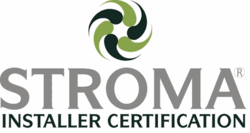


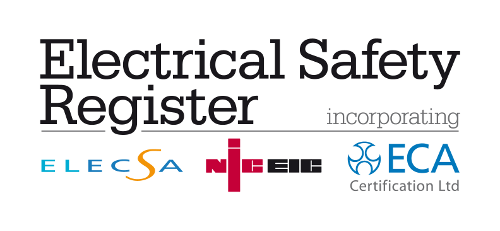
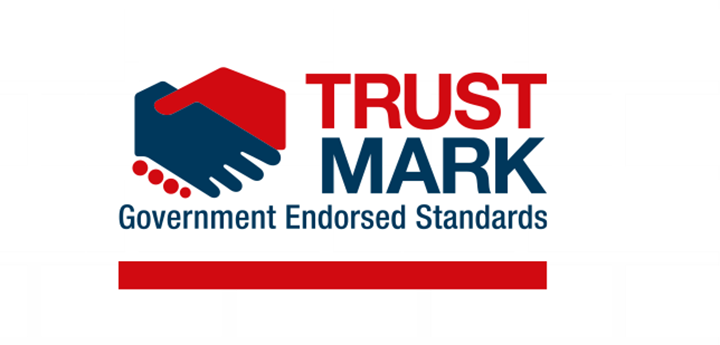
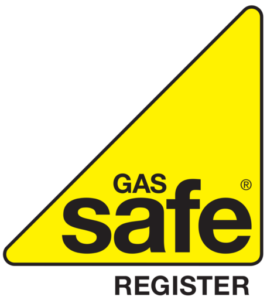
Help & Advice
-
Understanding PEEPs in Residential Settings What Landlords and Housing Providers Must Know
In the wake of the Grenfell Tower tragedy, the UK government has introduced stricter fire safety responsibilities for those managing residential buildings. One of the most significant changes is the
-
EPC 2025 Rule Changes – What UK Landlords Must Know
In the push toward a greener and more energy-efficient Britain, the UK Government has proposed major changes to Energy Performance Certificate (EPC) rules that will significantly impact landlords. From 2025,
-
Commercial Gas Safety Certificate London Expert Guide for Business Properties
For commercial property owners and landlords in London, obtaining a valid commercial gas safety certificate is both a legal obligation and a critical safety measure. Unlike domestic properties, commercial premises often have
-
Gas and Electric Safety Checks A Landlord’s Legal Guide.
As a London landlord, maintaining proper gas and electric safety checks is not optional—it's a legal requirement that protects your tenants and your property investment. Under UK law, you must
-
Portable Appliance Testing Certificate for Rental Properties
A Portable Appliance Testing (PAT) certificate is a document that confirms electrical appliances in a rental property have been tested for safety. While not a legal requirement for private landlords
-
 Understanding PEEPs in Residential Settings What Landlords and Housing Providers Must Know
Understanding PEEPs in Residential Settings What Landlords and Housing Providers Must Know
-
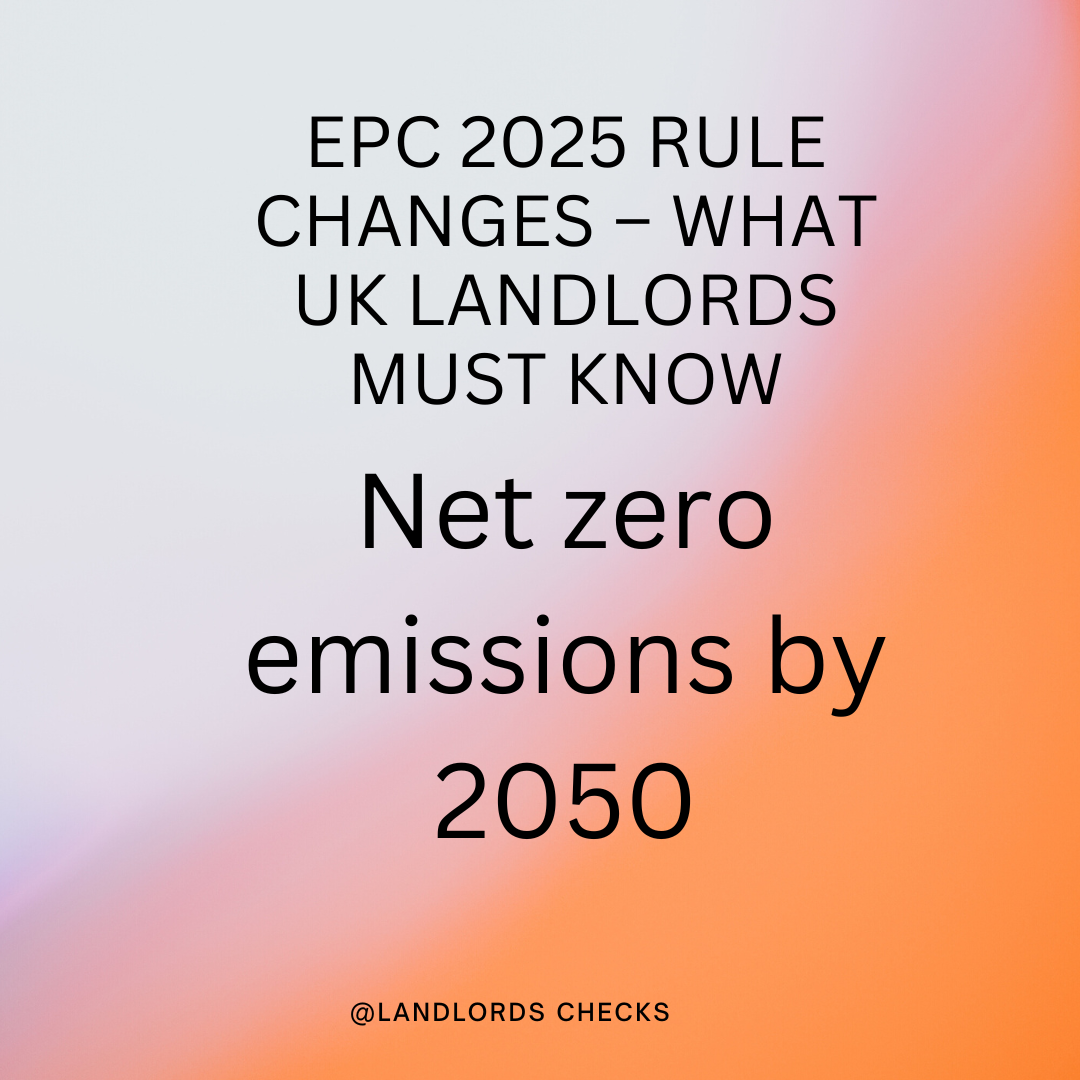 EPC 2025 Rule Changes – What UK Landlords Must Know
EPC 2025 Rule Changes – What UK Landlords Must Know
-
 Commercial Gas Safety Certificate London Expert Guide for Business Properties
Commercial Gas Safety Certificate London Expert Guide for Business Properties
-
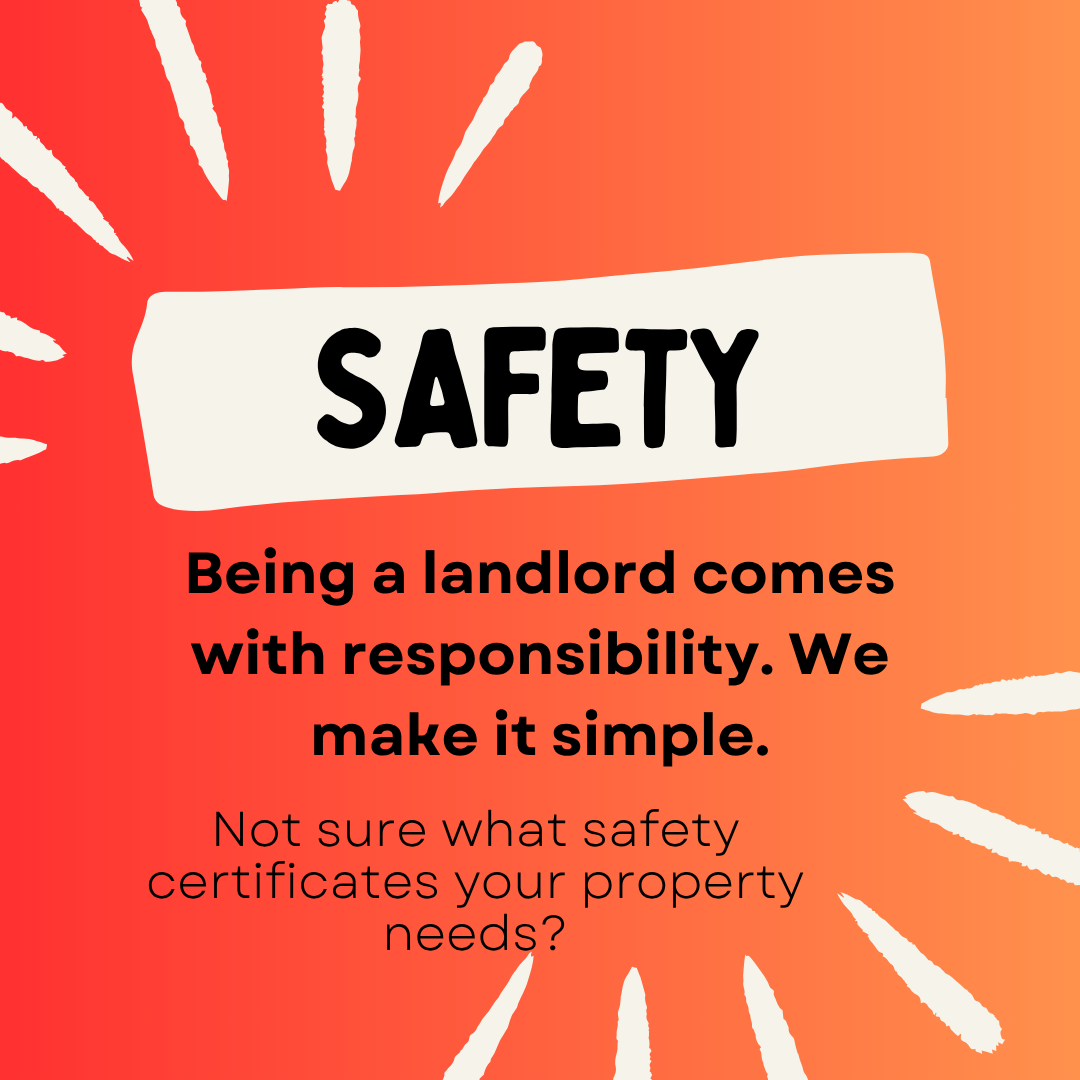 Gas and Electric Safety Checks A Landlord’s Legal Guide.
Gas and Electric Safety Checks A Landlord’s Legal Guide.
-
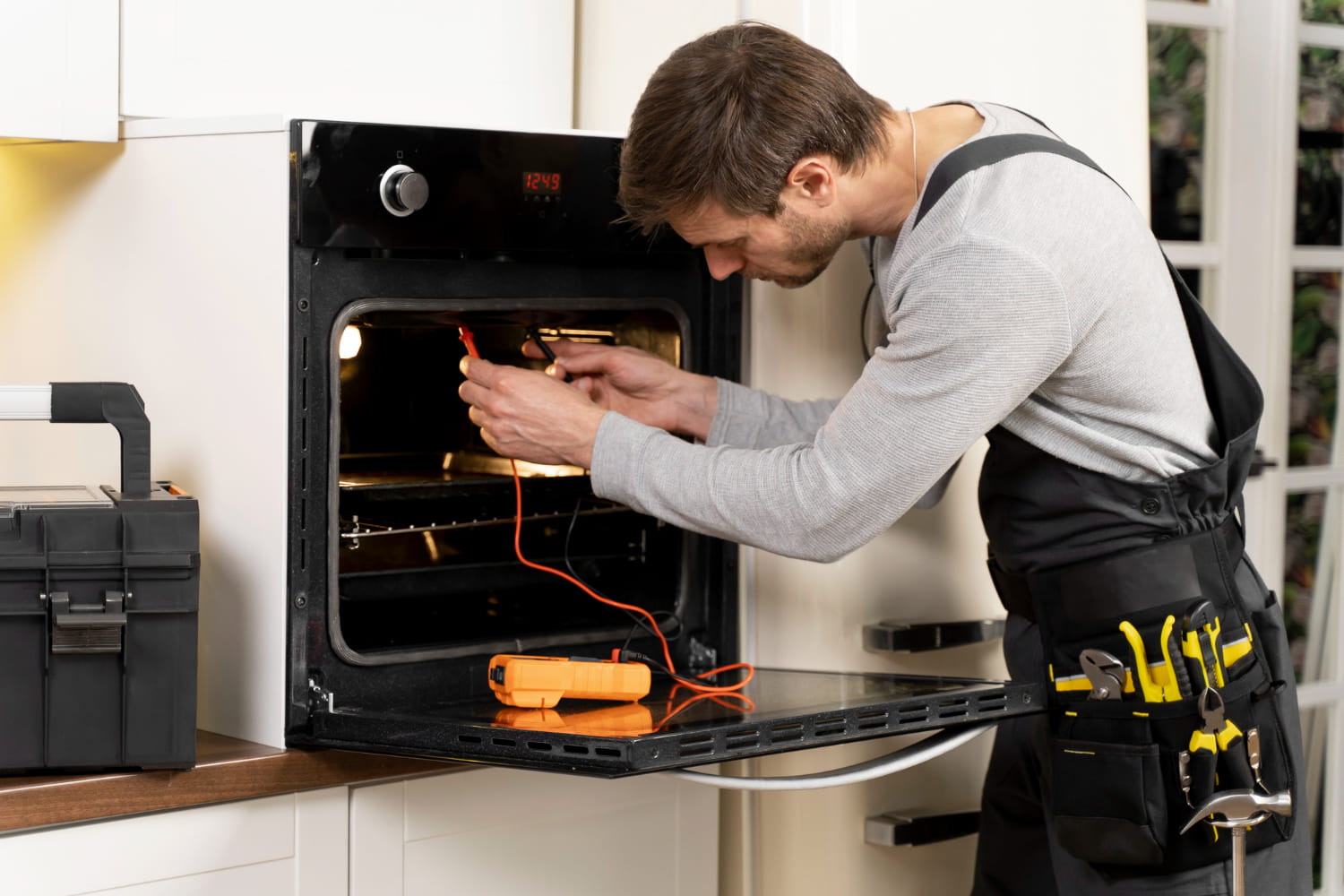 Portable Appliance Testing Certificate for Rental Properties
Portable Appliance Testing Certificate for Rental Properties



